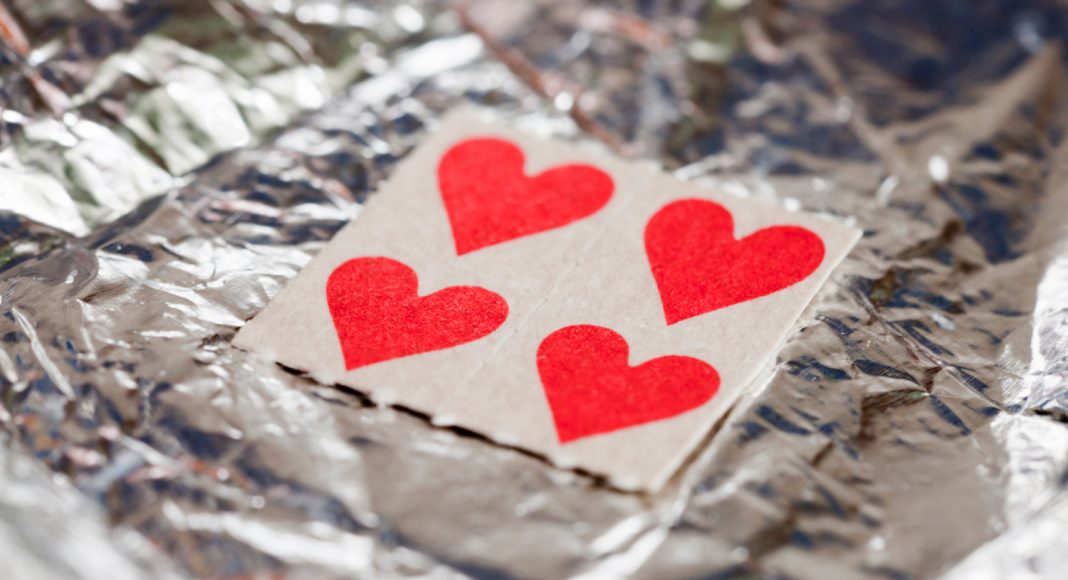Several years ago the concept of “microdosing” trickled into the mainstream. The progenitors of the trend mostly hailed from Silicon Valley, where tech gurus and entrepreneurs told anecdotes of psychedelic microdosing that led to increases in creativity, mental health, productivity, and overall mood enhancement.
For a long time that’s all we really had—anecdotes. But now a new study published in the journal Biological Psychiatry demonstrates empirical proof that microdosing is not merely a placebo effect, although it disputes the level of benefits that microdosing provides users.
Twenty subjects were recruited to participate in this placebo-controlled, double blind study, where they took one blind dose of LSD each week for four weeks. Participants were given one of four dose amounts: a placebo, 6.5 micrograms, 13 micrograms, and 26 micrograms.
RELATED: NFL Agrees To Study Marijuana As Pain Management Tool
“It is possible to study the effects of very low doses of drugs on mood and behavior, and it is important to assess the effects of the drug under controlled, double blind conditions to control expectancies,” study author Harriet de Wit, a professor at the University of Chicago, told PsyPost.
According to researchers, there were measurable subjective and physiological effects from subjects on doses of 13 and 26 micrograms of LSD. While they did not significantly affect heart rate or body temperatures, the LSD did raise blood pressure. In addition, participants reported increases in vigor, anxiety, bliss, and overall feelings of unity. However, at 26 micrograms there were noticeable drug-like effects, making the amount potentially too high for individuals microdosing to stay productive.
Across all three levels of microdoses, researchers found very little measurable improvements to mood and cognition when compared to the placebo. Researchers found the only statistically significant change came from a rise in the amount of attempts on a creative task from microdosing individuals. There was also a negative effect from subjects via a reduction in positive response to generally positive images.
RELATED: What Happened When NASA Gave Spiders Marijuana?
“The effects of low doses of LSD should be investigated when the drug is administered repeatedly, and in individuals who report negative affect,” the researchers wrote. “Individuals who report microdosing in their everyday lives take the drug every 3-5 days, and it is possible that the beneficial effects emerge only after repeated administration. This could be because of subtle pharmacokinetic accumulation of the drug, or it could be because of pharmacodynamic neural adaptations that occur over days.”
Researchers concluded the microdoses of LSD did not have noticeable effects on measures of cognition, mood, or physiological responses. They do not arbitrate this as an end-all, be-all on the impact of microdosing, particularly as a potential cognitive enhancer or anti-depressant.
“This type of study may improve our understanding of the psychological and neural processes that underlie negative mood states and depression. We are seeking support to fund additional studies,” de Wit told PsyPost.


